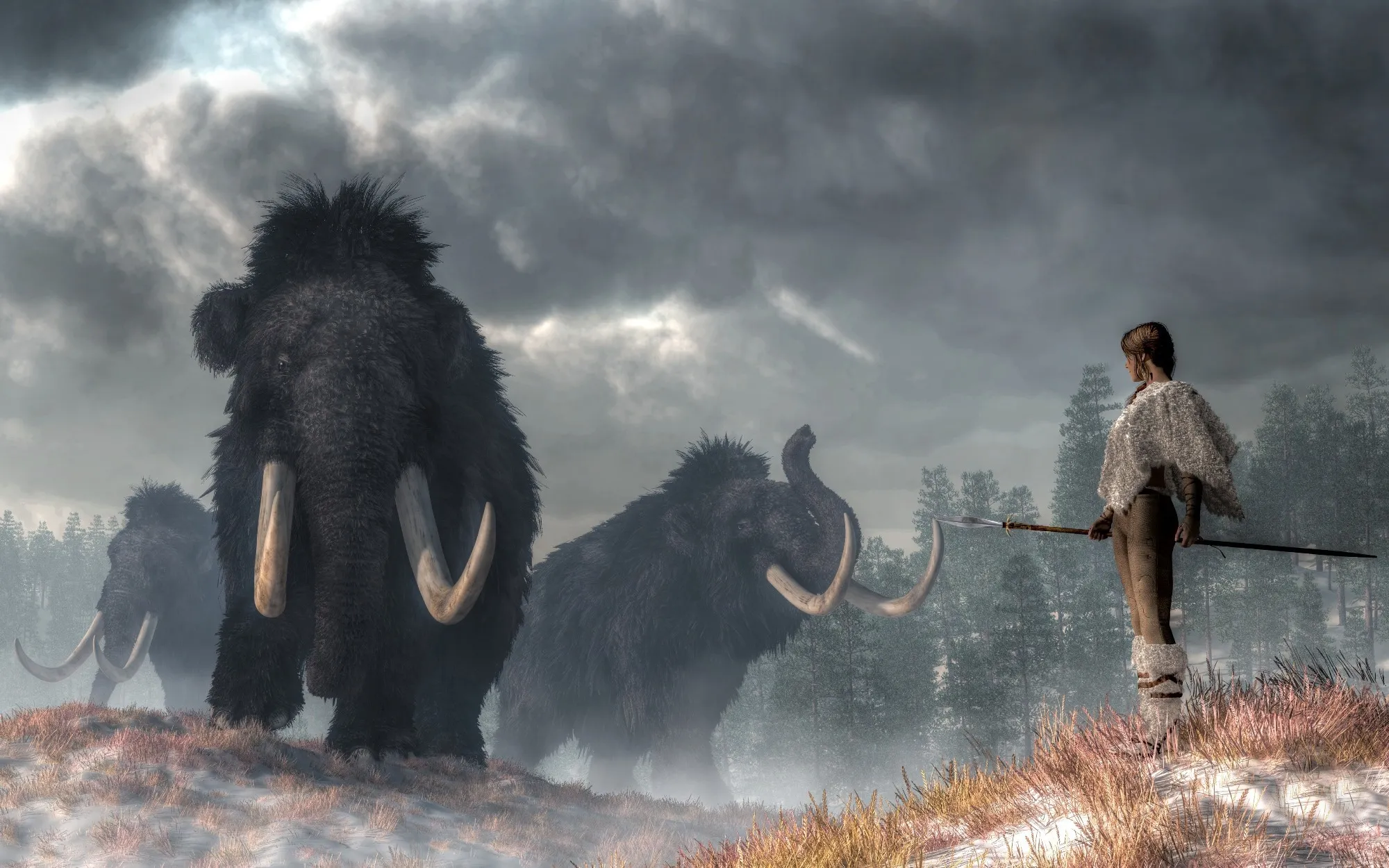Climate Change and Its Role in Human Evolution

Climate Change's Influence on Early Humans
Throughout history, climate change has been a major force, affecting not only the environments we inhabit but also the very structure of our societies. The Pleistocene epoch, characterized by dramatic shifts in climate and vegetation, set the stage for unprecedented human migration.
Key Factors in Human Evolution
- Migration Patterns: As climates changed, early humans were compelled to move in search of more favorable habitats.
- Adaptation Strategies: Cultural adaptations emerged as responses to new challenges posed by evolving ecosystems.
- Impact of Vegetation Shifts: Changes in vegetation influenced food sources and habitats, further driving evolutionary changes.
Understanding these dynamics offers valuable insights into the resilience required for survival in demanding climates.
This article was prepared using information from open sources in accordance with the principles of Ethical Policy. The editorial team is not responsible for absolute accuracy, as it relies on data from the sources referenced.